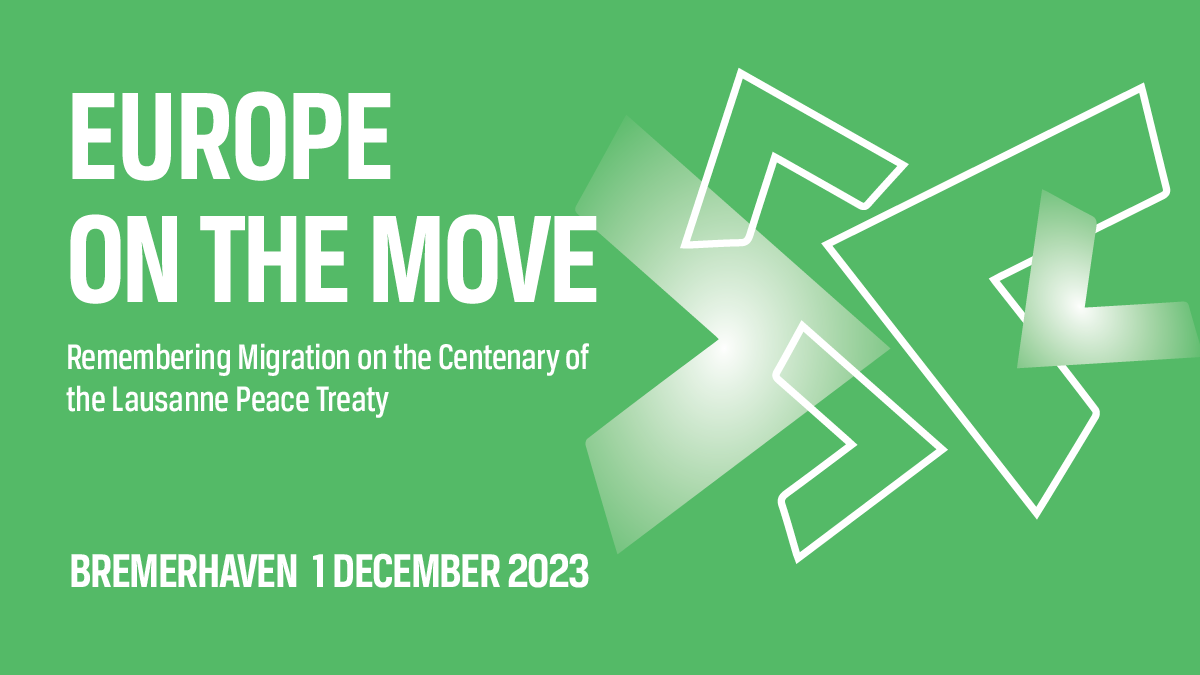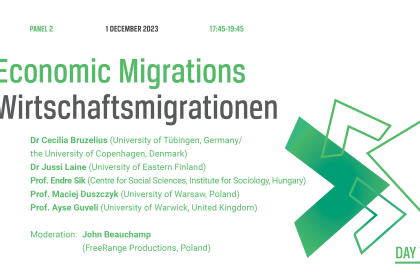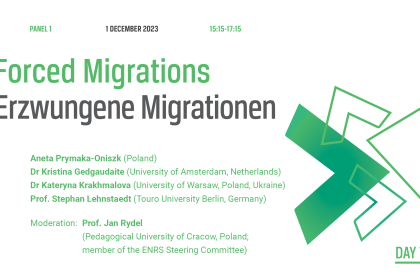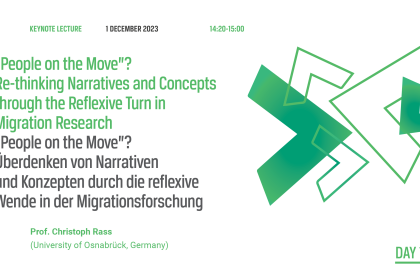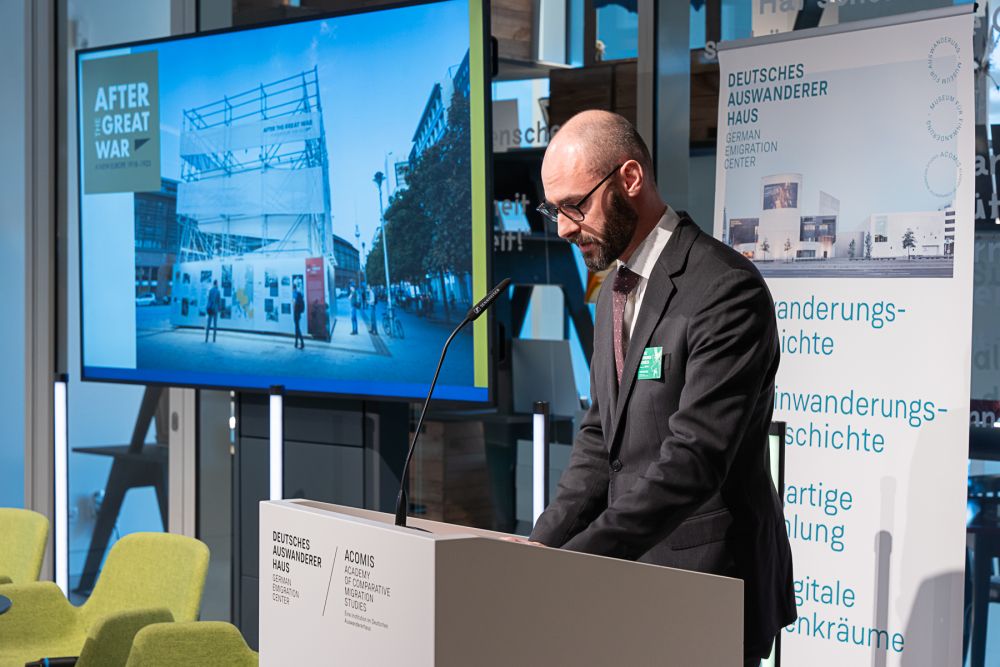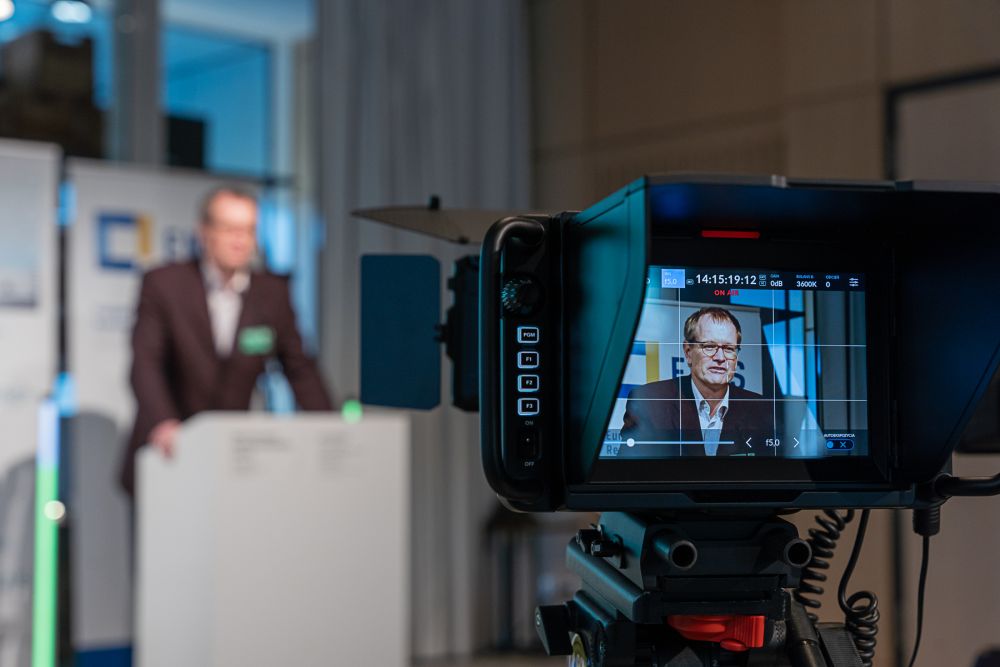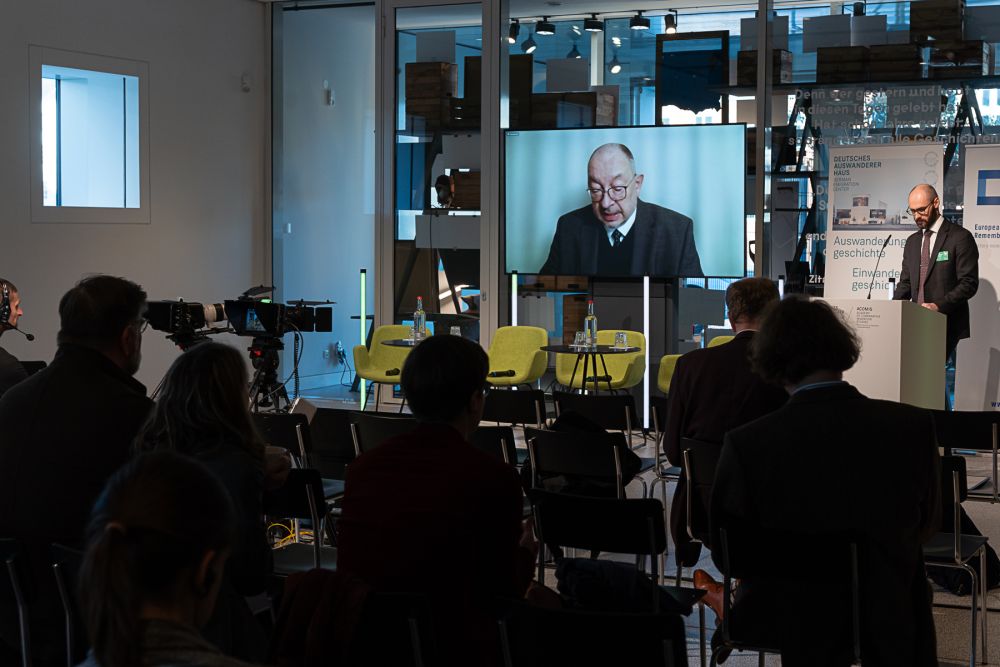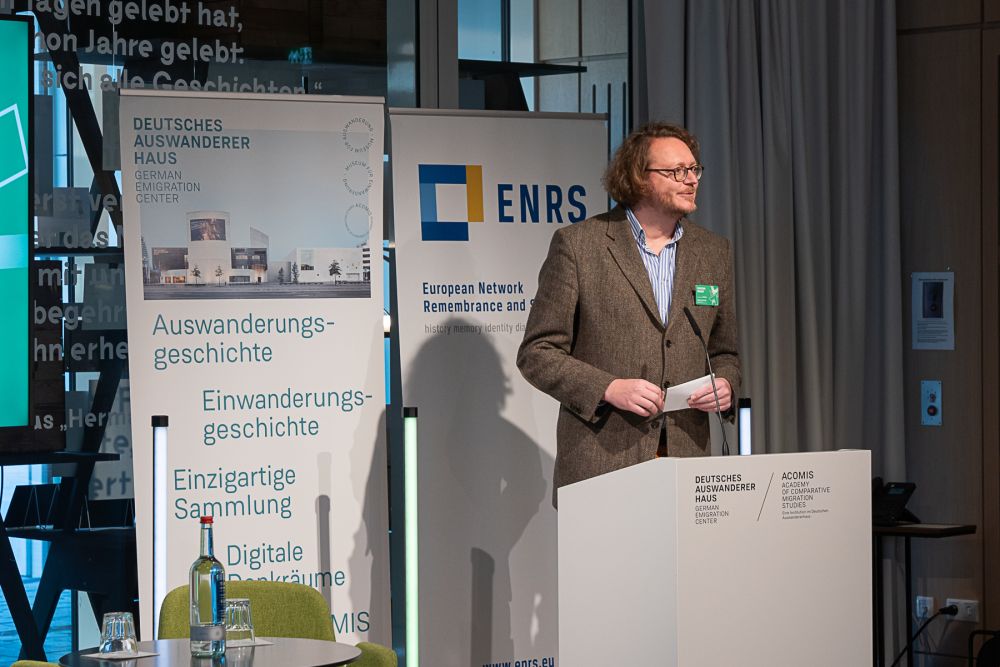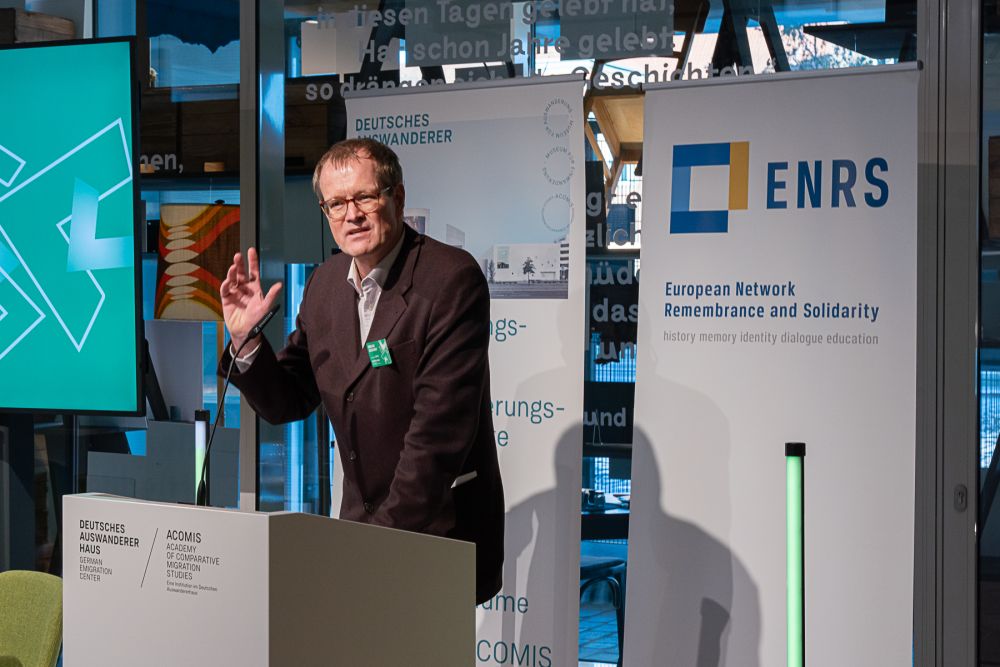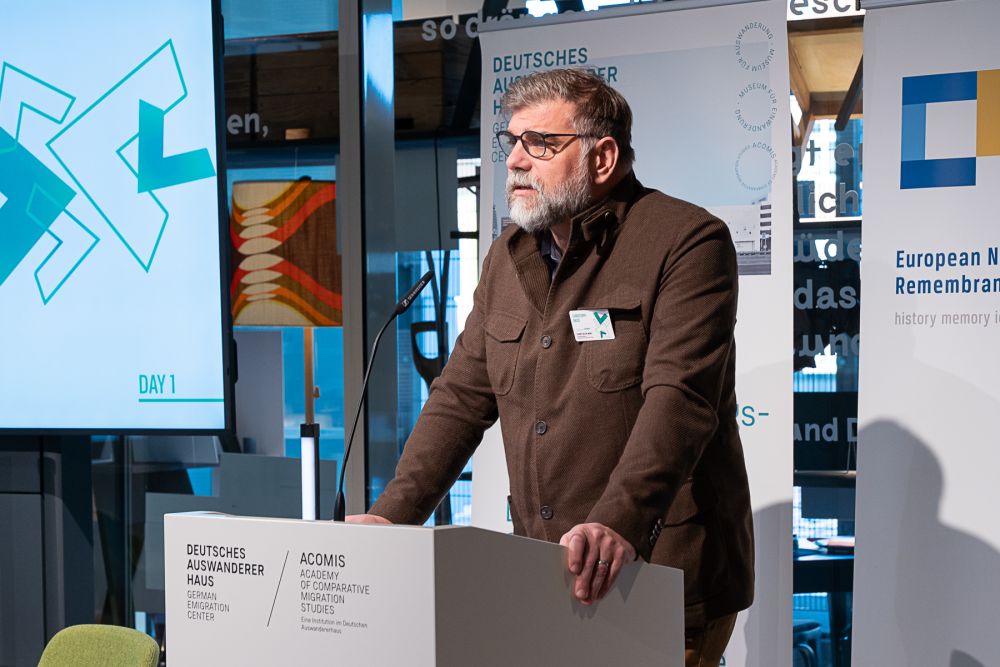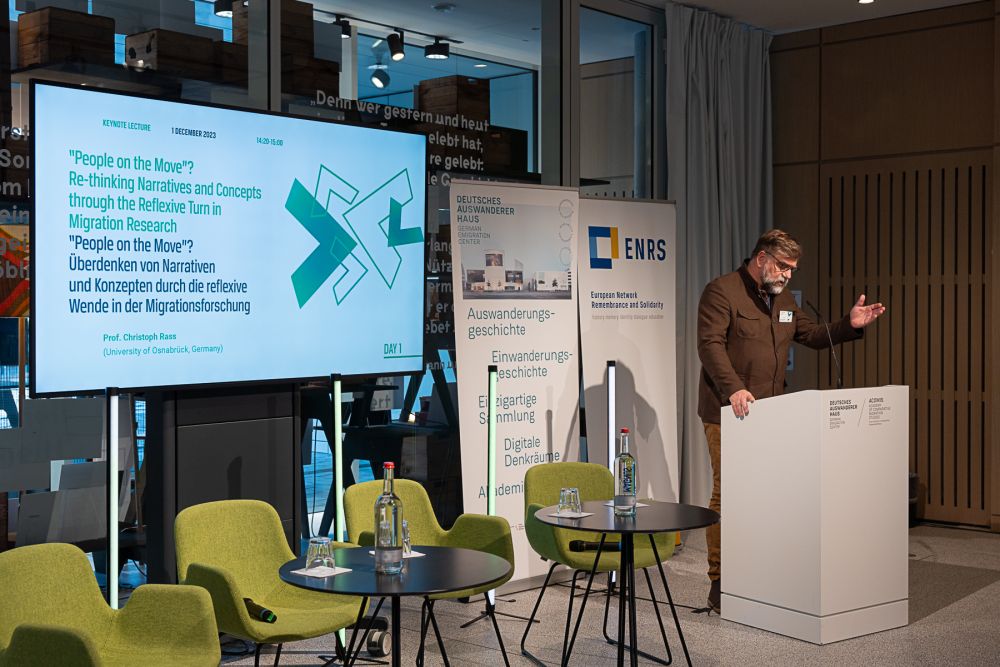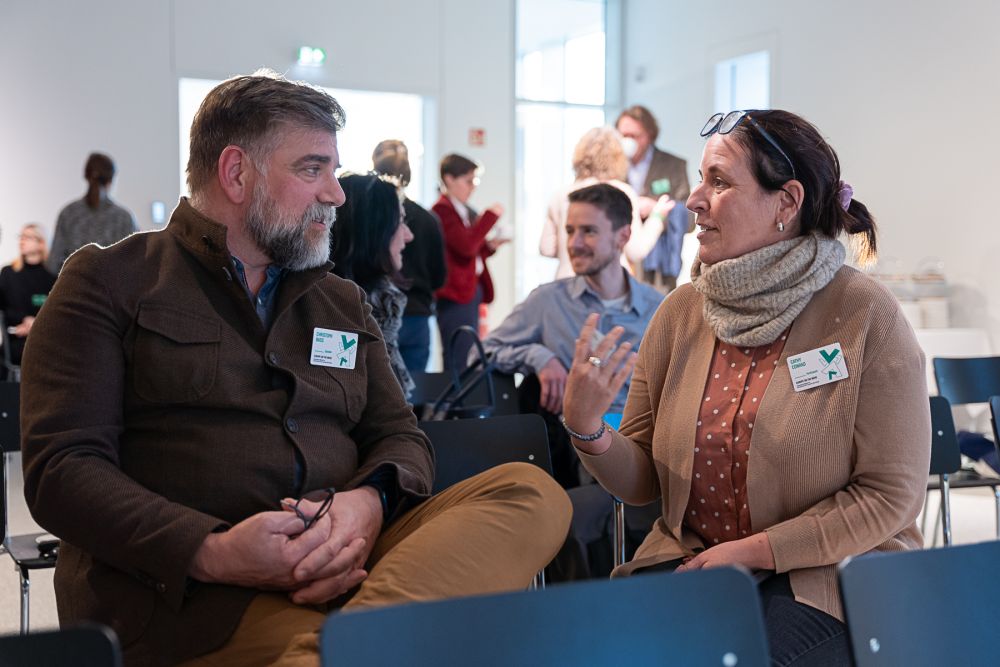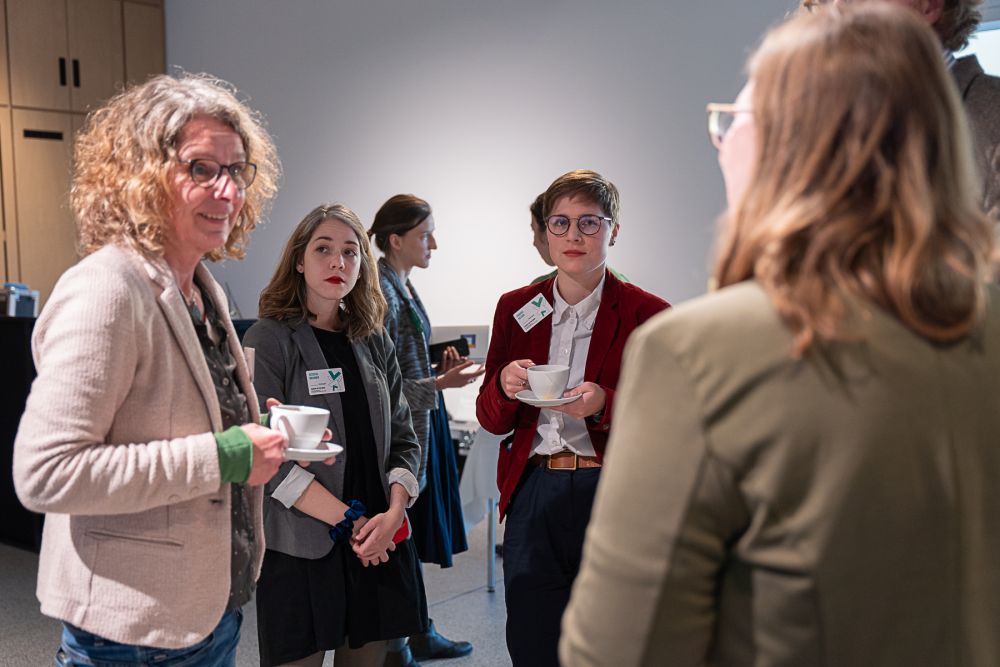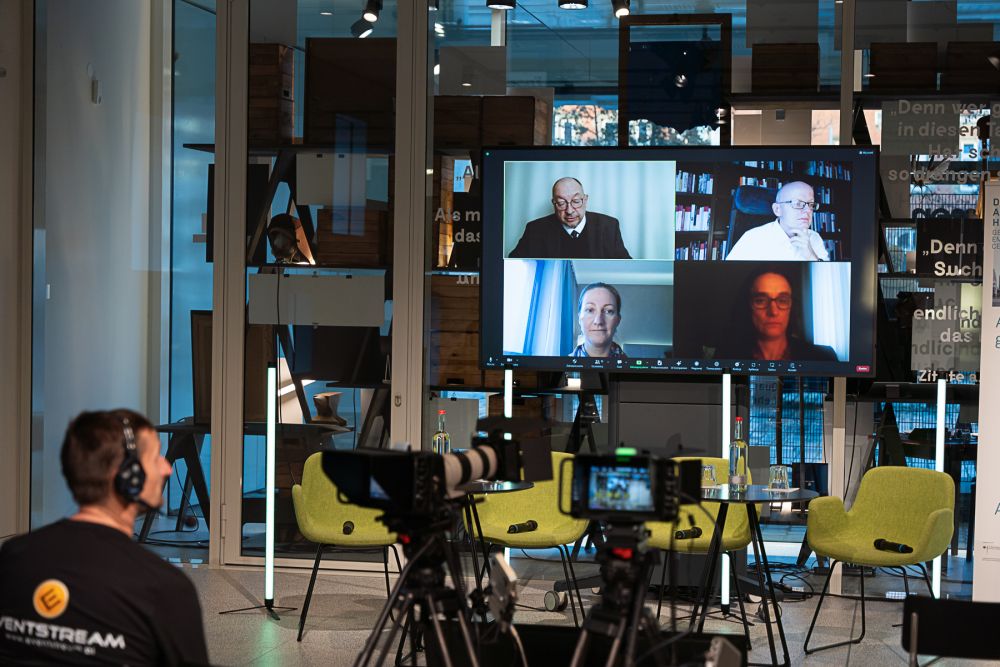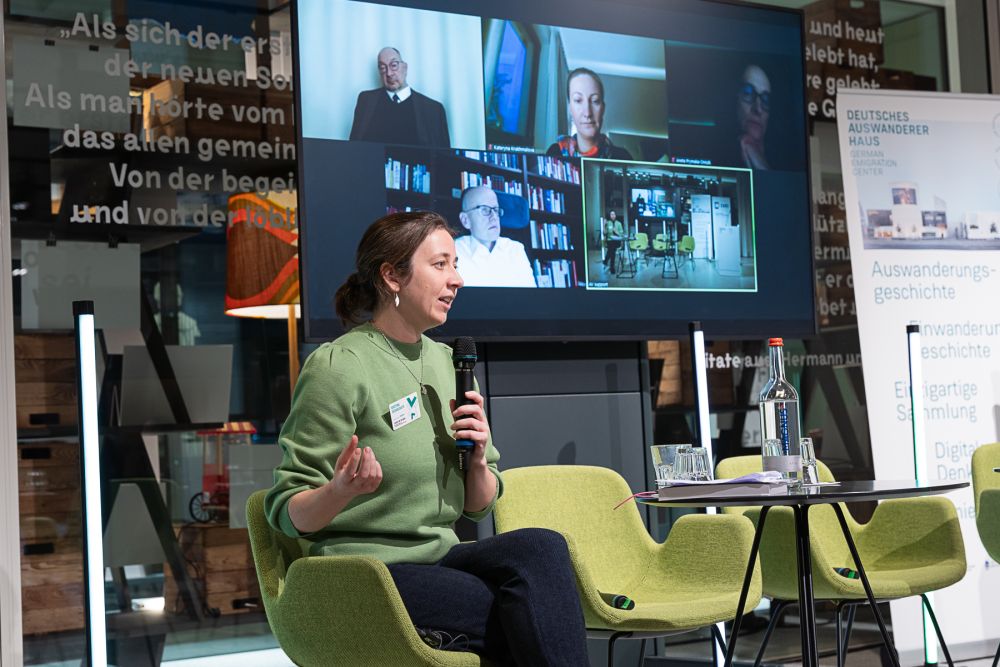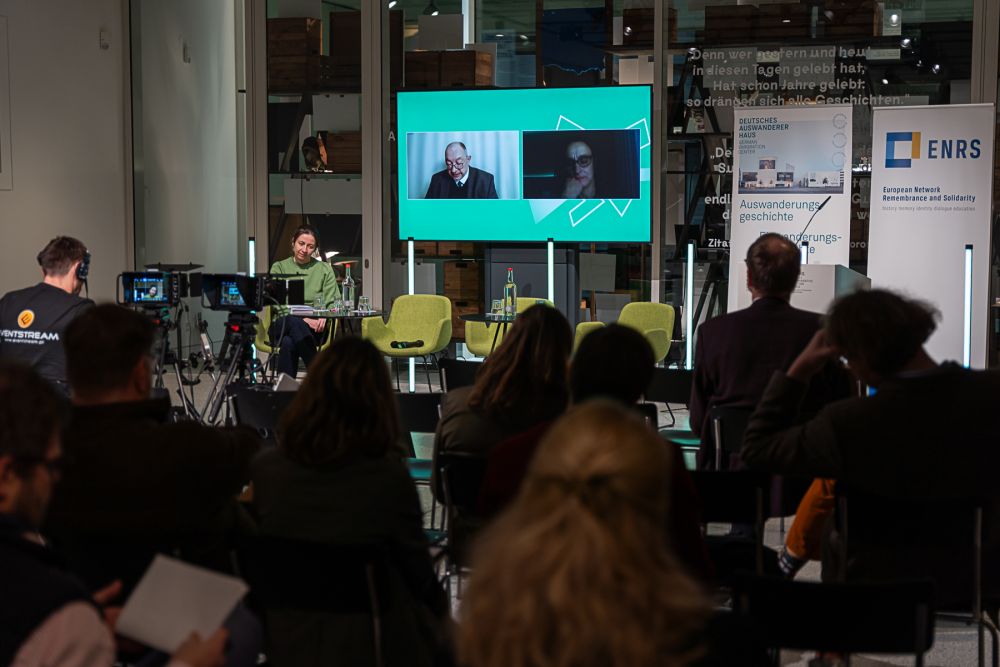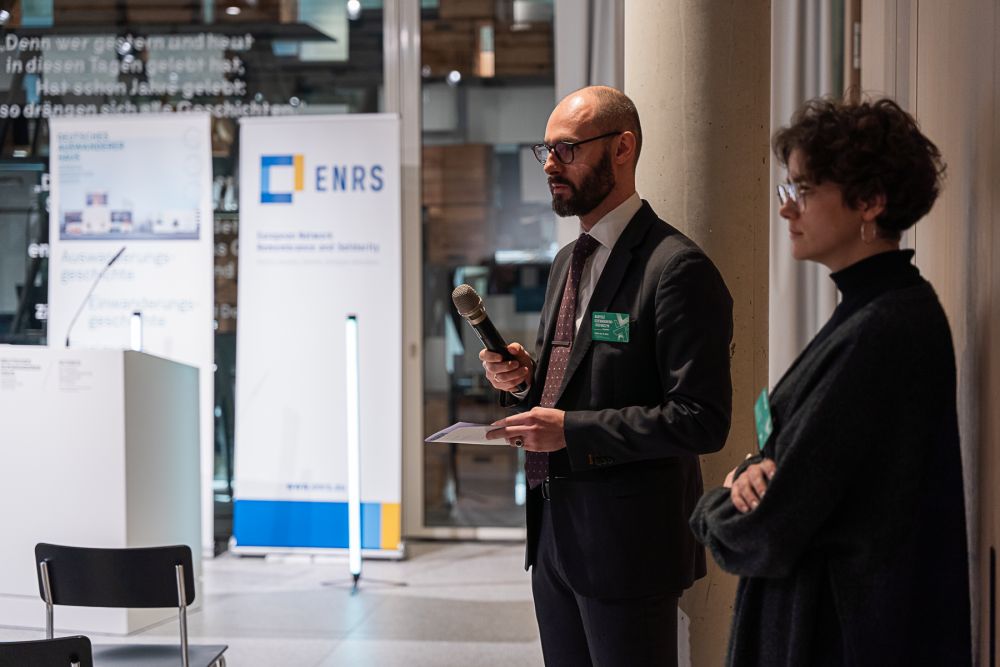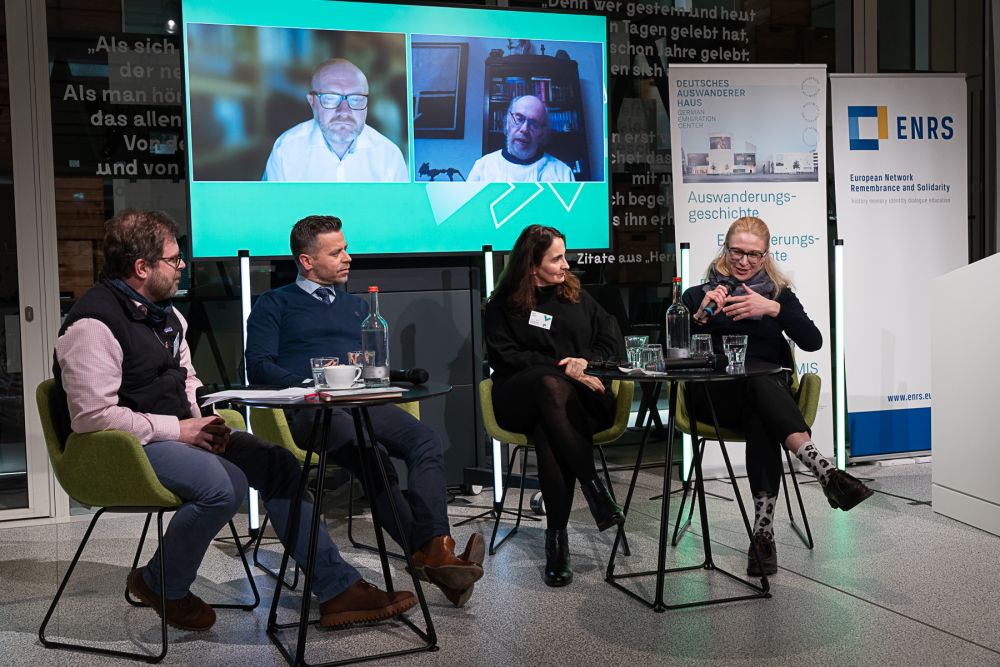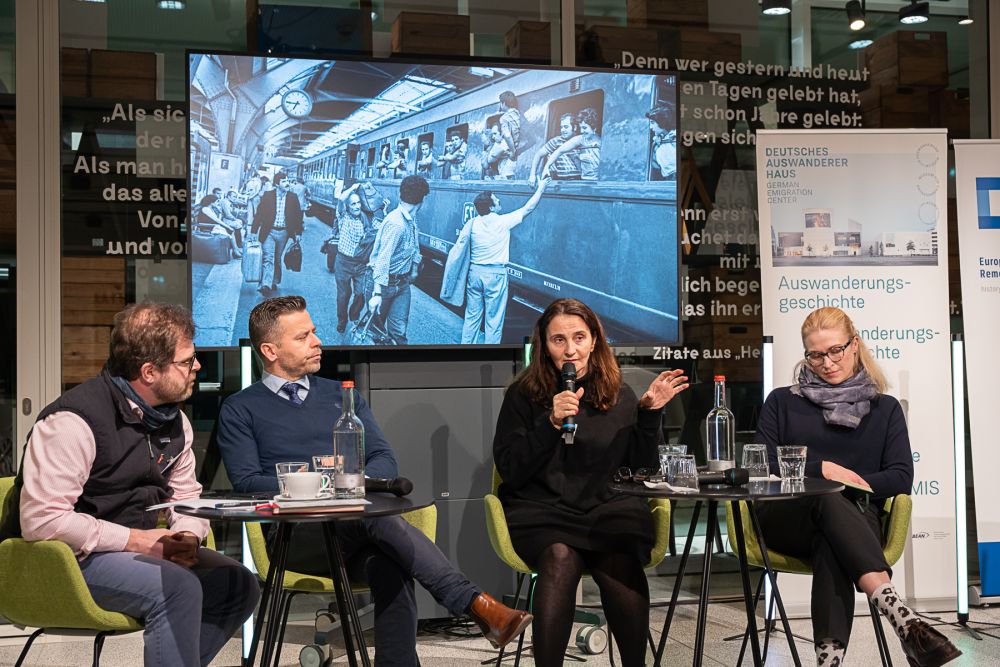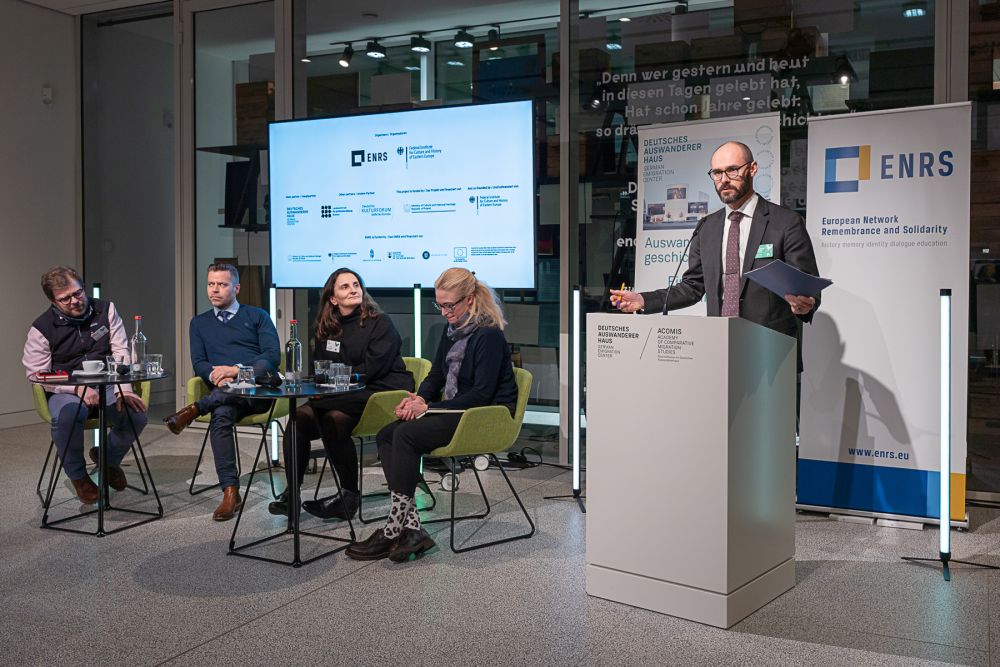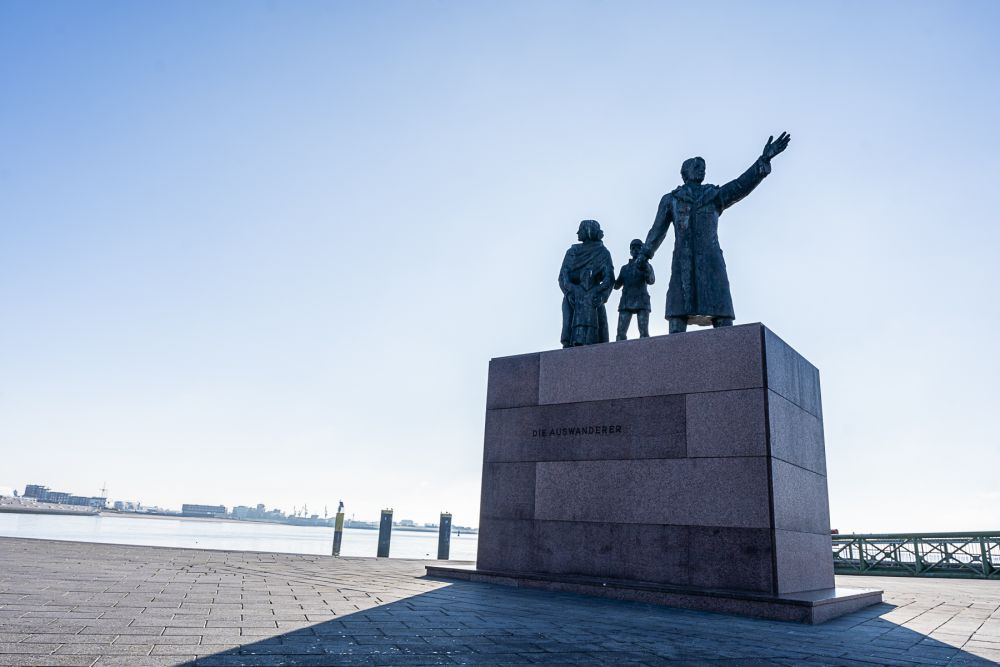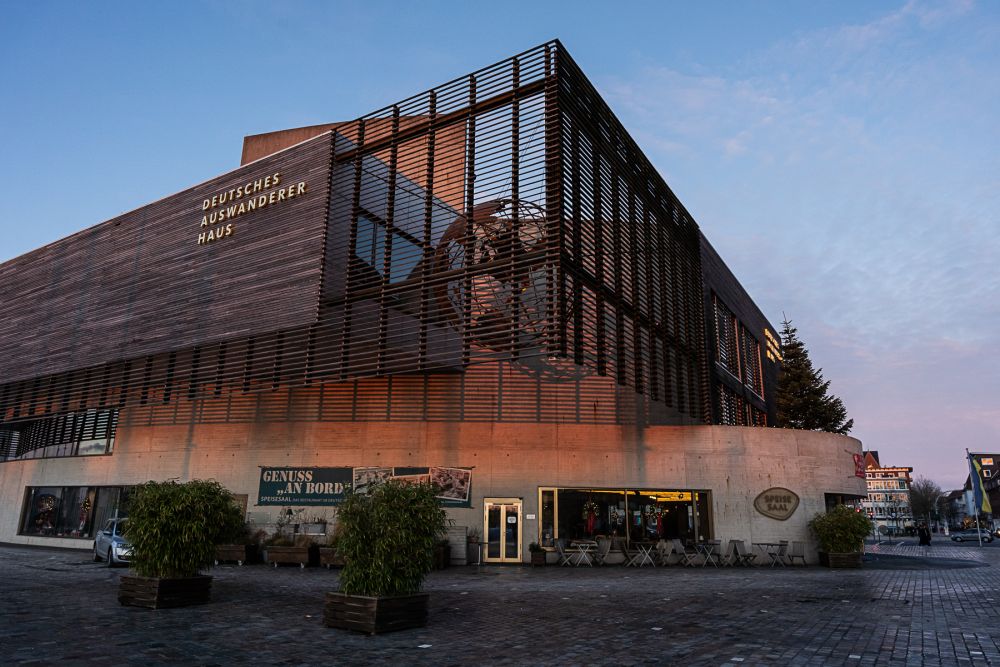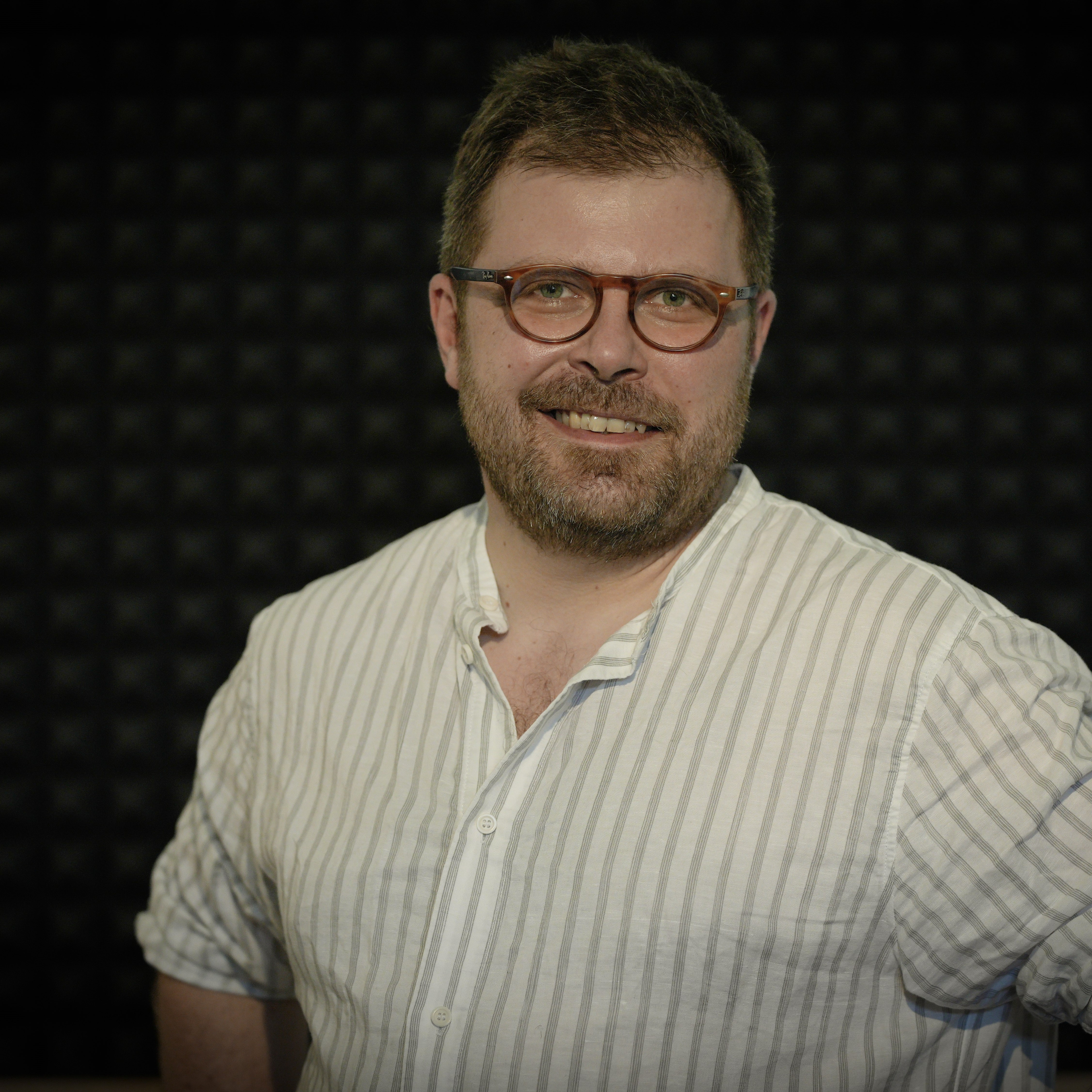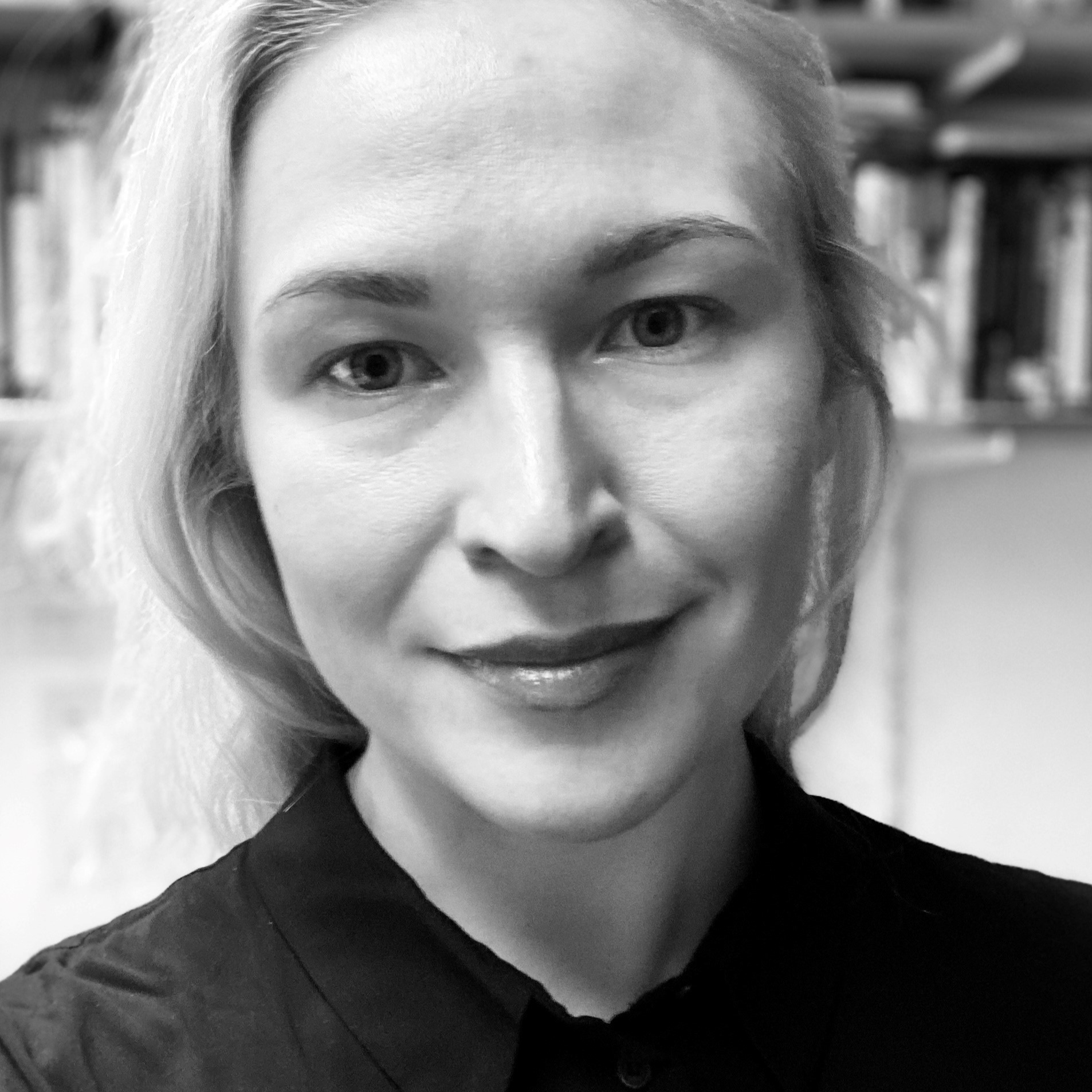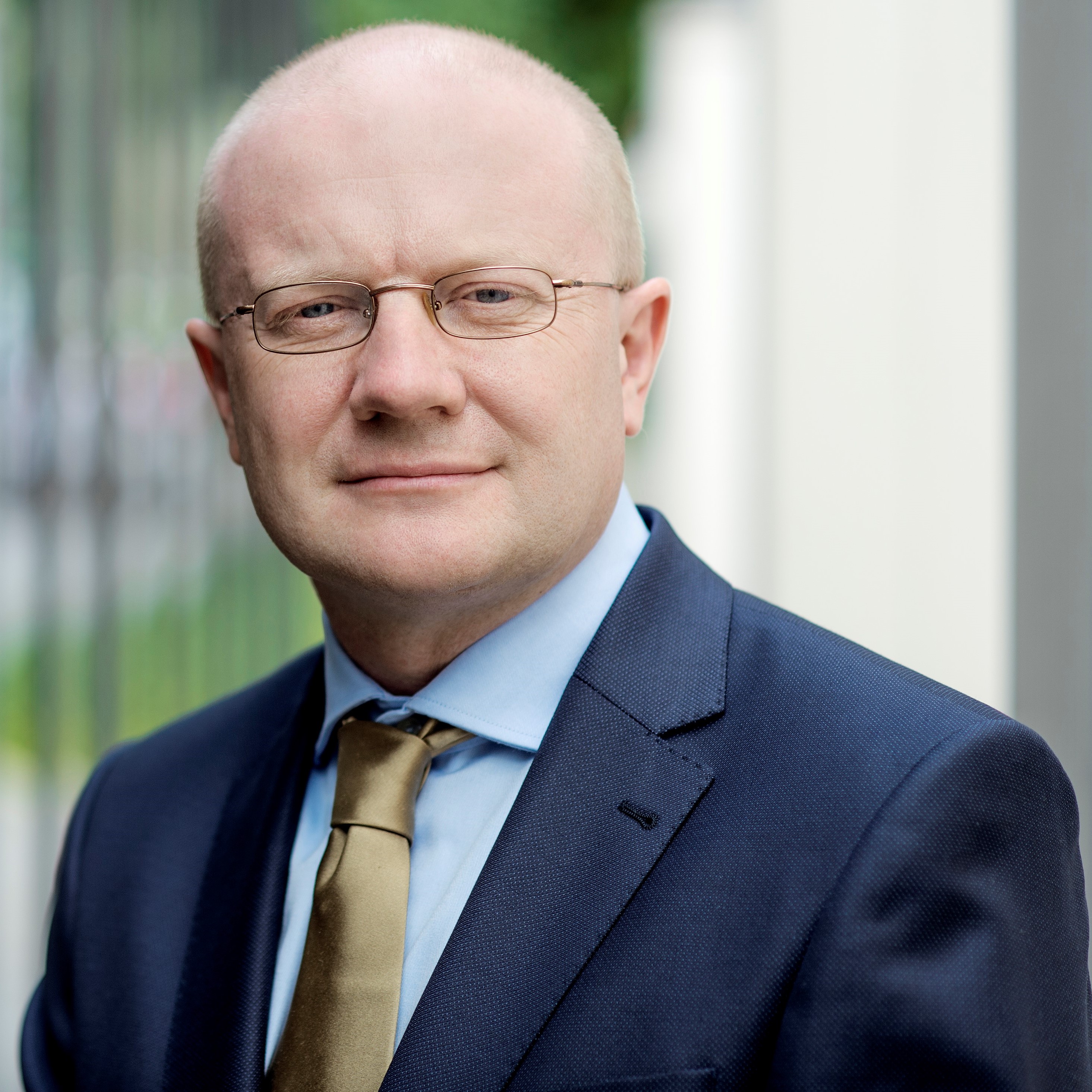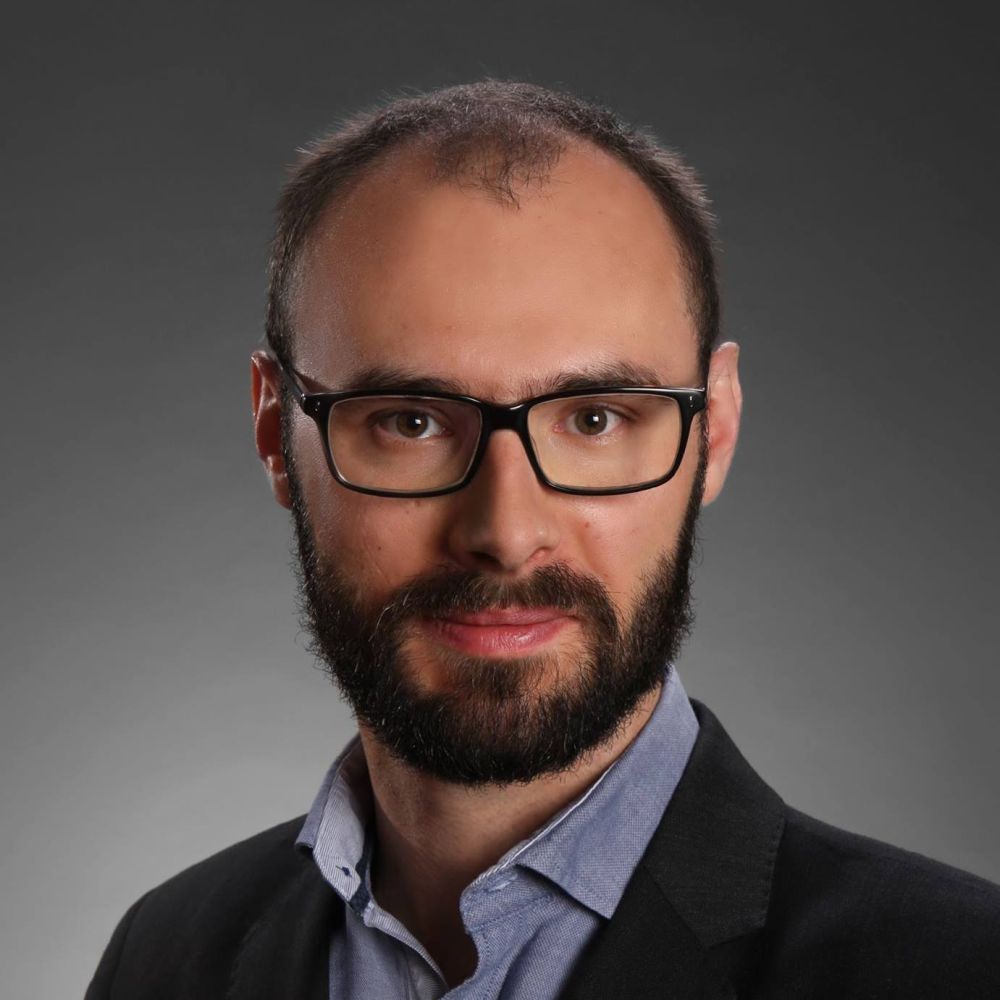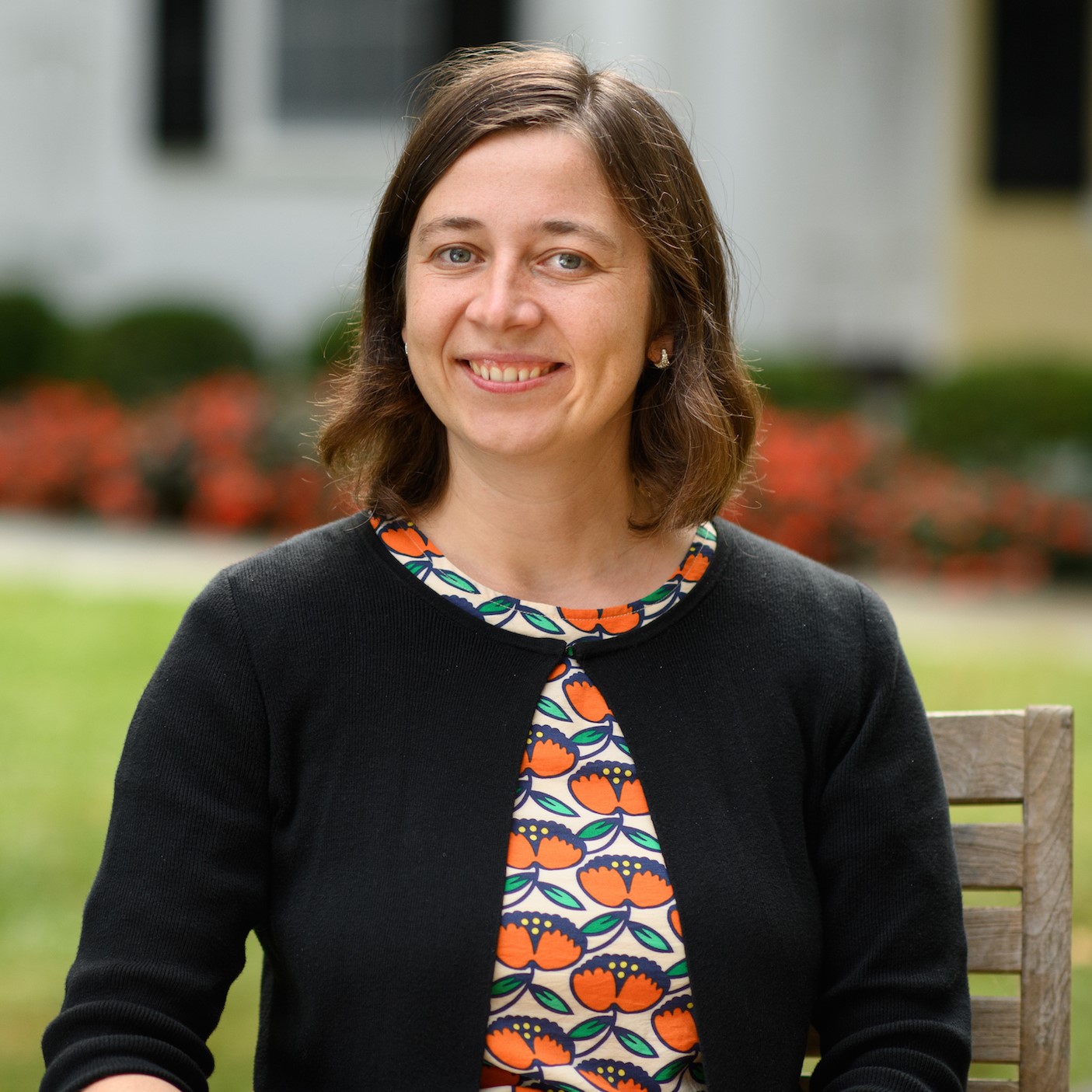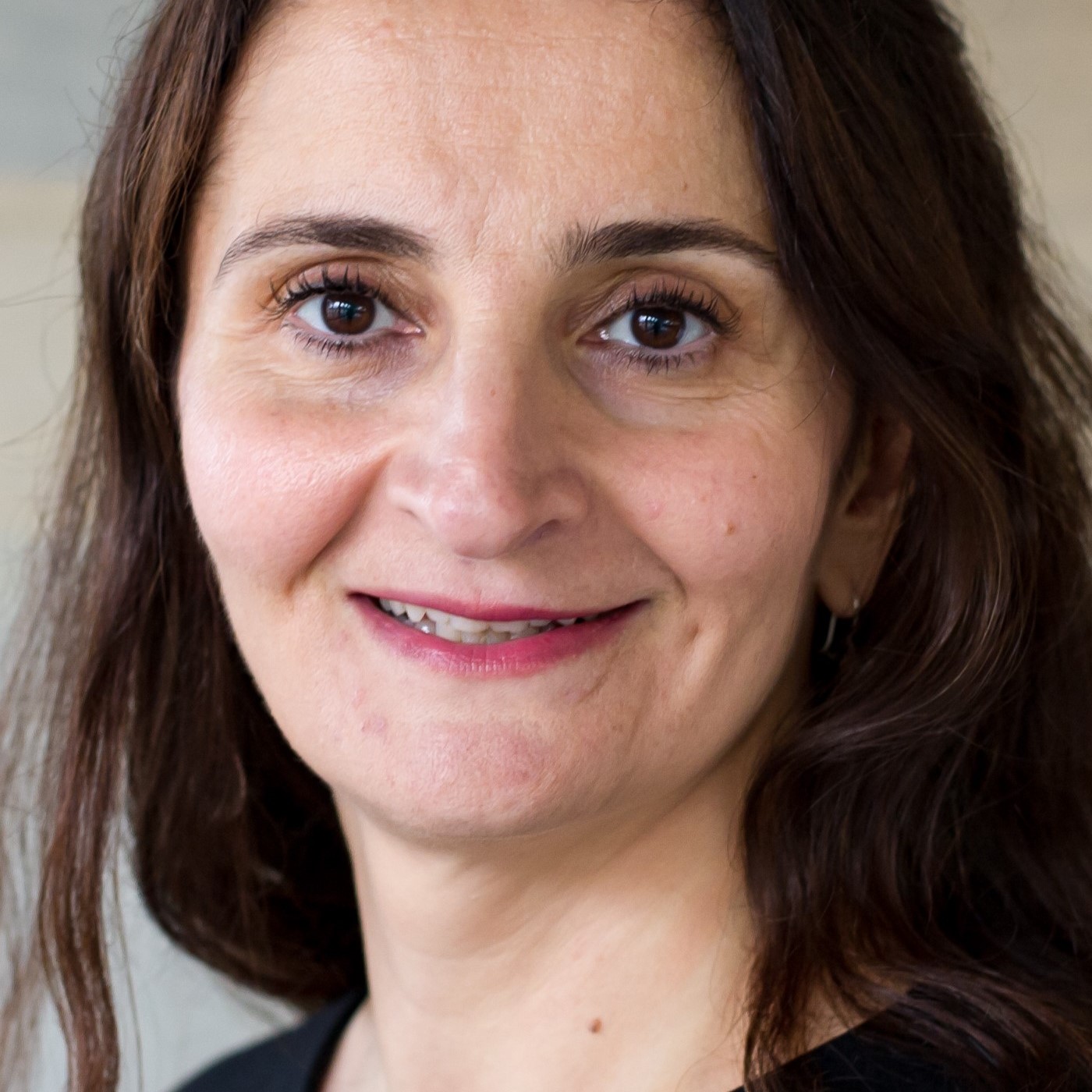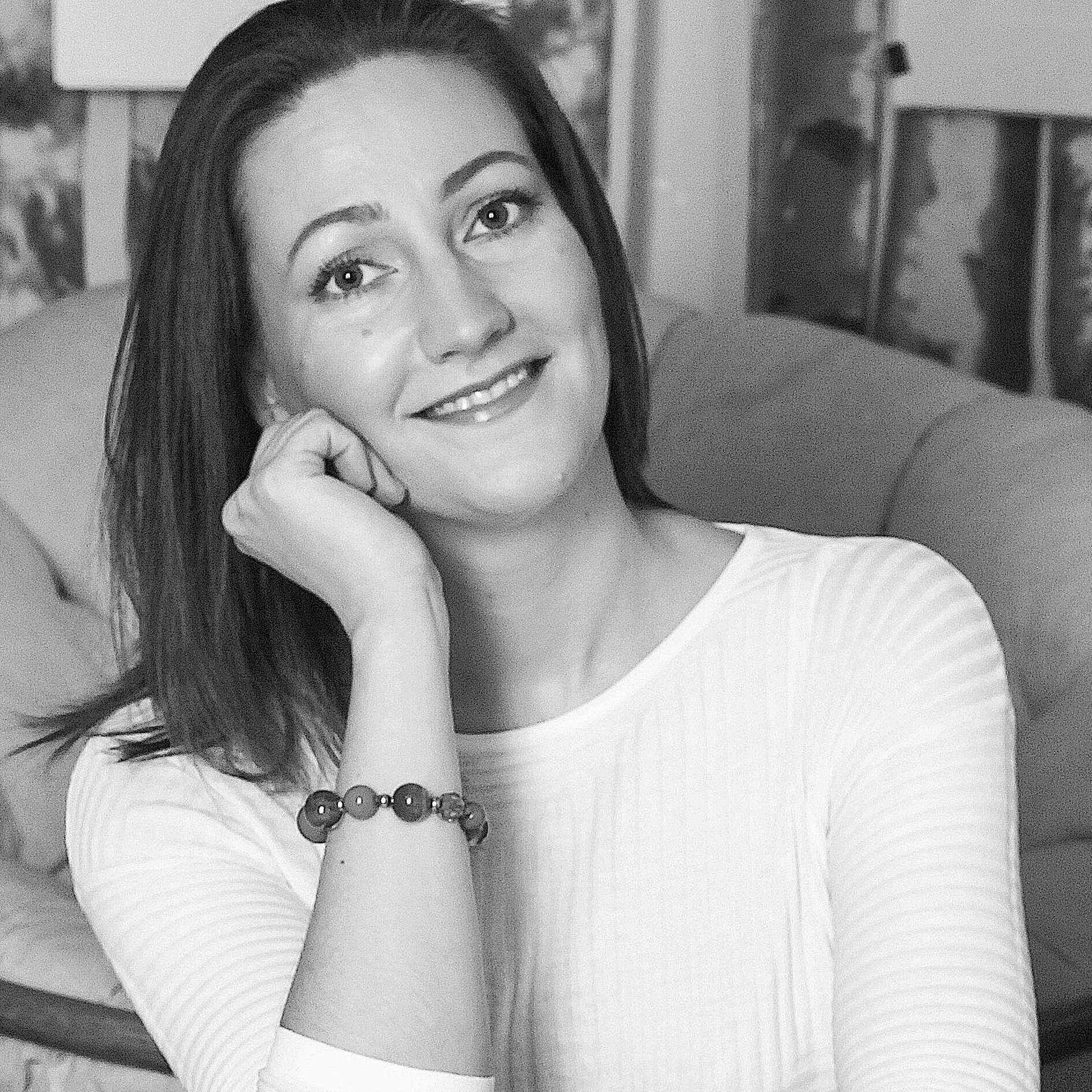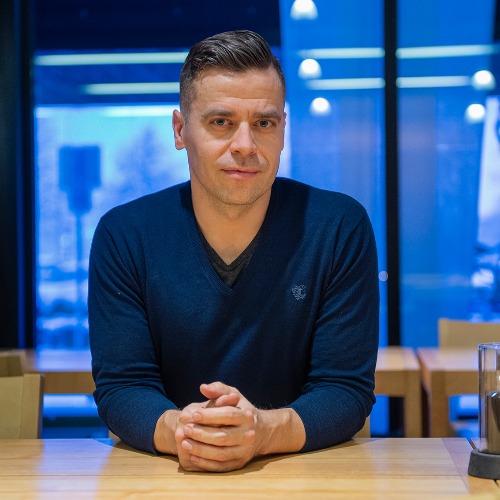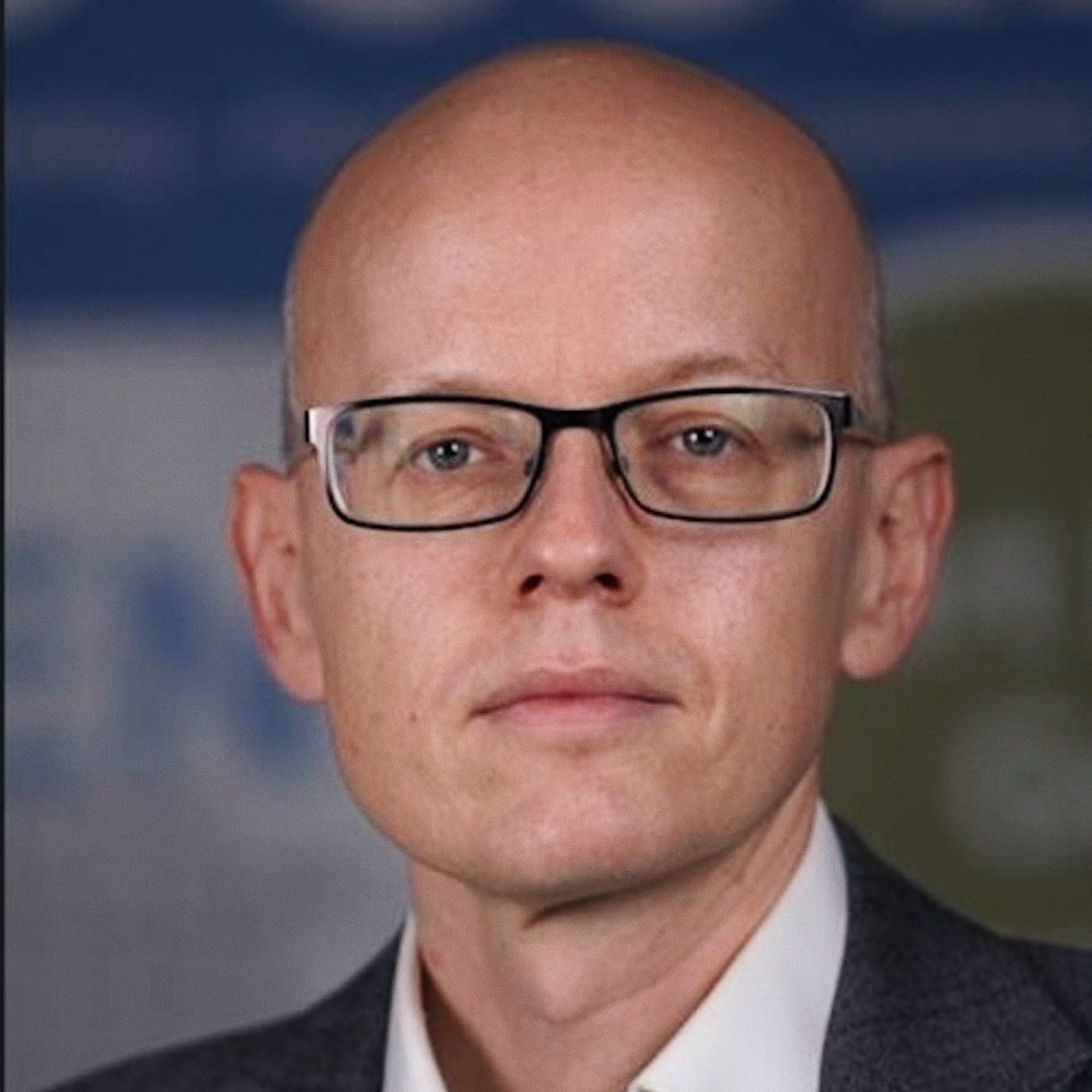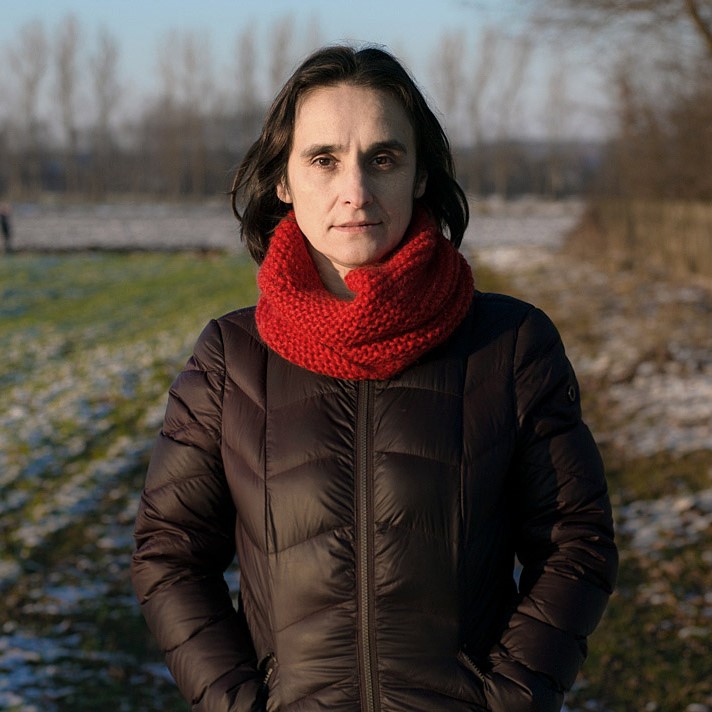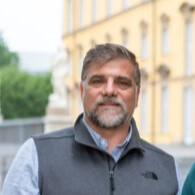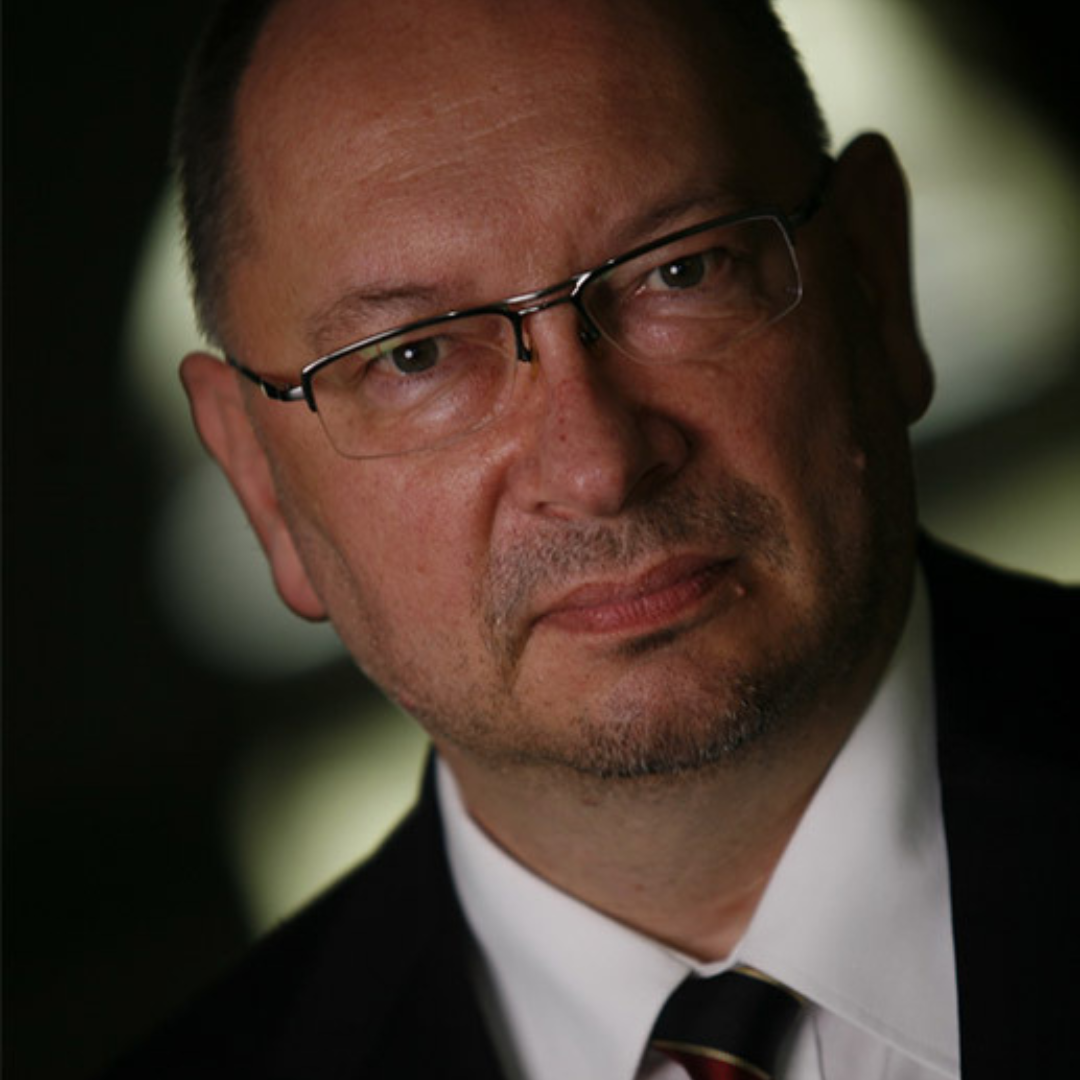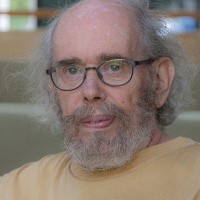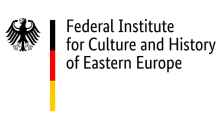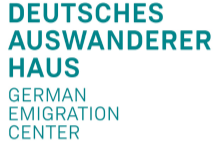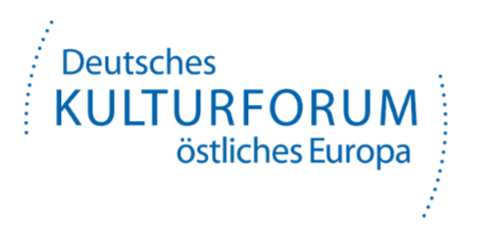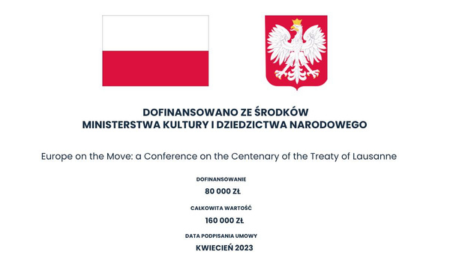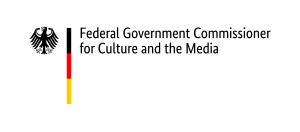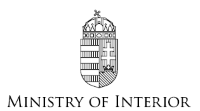The debate will be in English with an option of simultaneous translation into German. [German version of the debate programme below]
The year 2023 marks the centenary of the Treaty of Lausanne, which ended the Greco-Turkish War, legalizing past expulsion of both Greeks and Turks, and initiating the so called “population exchange” between Greece and Turkey. The treaty became also – by amending the Treaty of Sevres – the ultimate peace treaty to end the First World War.
For all that, “Lausanne” marks an important date for the exhibition ‘After the Great War: A New Europe 1918–1923’, which since 2018 has been shown in a number of European cities, such as Prague, Sarajevo, Bratislava, Warsaw, Verdun, Berlin and Vienna.
On the occasion of this year’s presentation of the exhibition in Bremen, the ENRS is staging a debate that will focus on the role of 20th century’s migration (history) in today’s collective European memory. The event will be located at the German Emigration Center in Bremerhaven, itself both a historical and memory site of European migration to overseas Countries in the 19th and 20th century.
The Questions to be discussed are: How strongly are these historical incidents and experiences of migration inscribed in the memory and identity of successive generations co-creating the European community? How differently do forced and ‘voluntary’ migration (and its consequences) inscribe themselves into collective memory, in what respect, and why is there a difference in memory at all? Does the memory of migration divide or unite the memorating groups, and is the answer to this question dependent on whether the migration is forced or ‘voluntary’?

